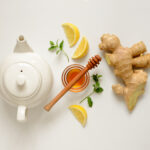Diet to Reduce Acne
Although most of us see acne as a skin condition that affects confidence and self-esteem, it is important to understand that the acne problem is actually deeper and more serious. Breakouts appear as a natural sign of gut problems and if we pay attention to them, we can achieve both healthy skin and a healthy gut.
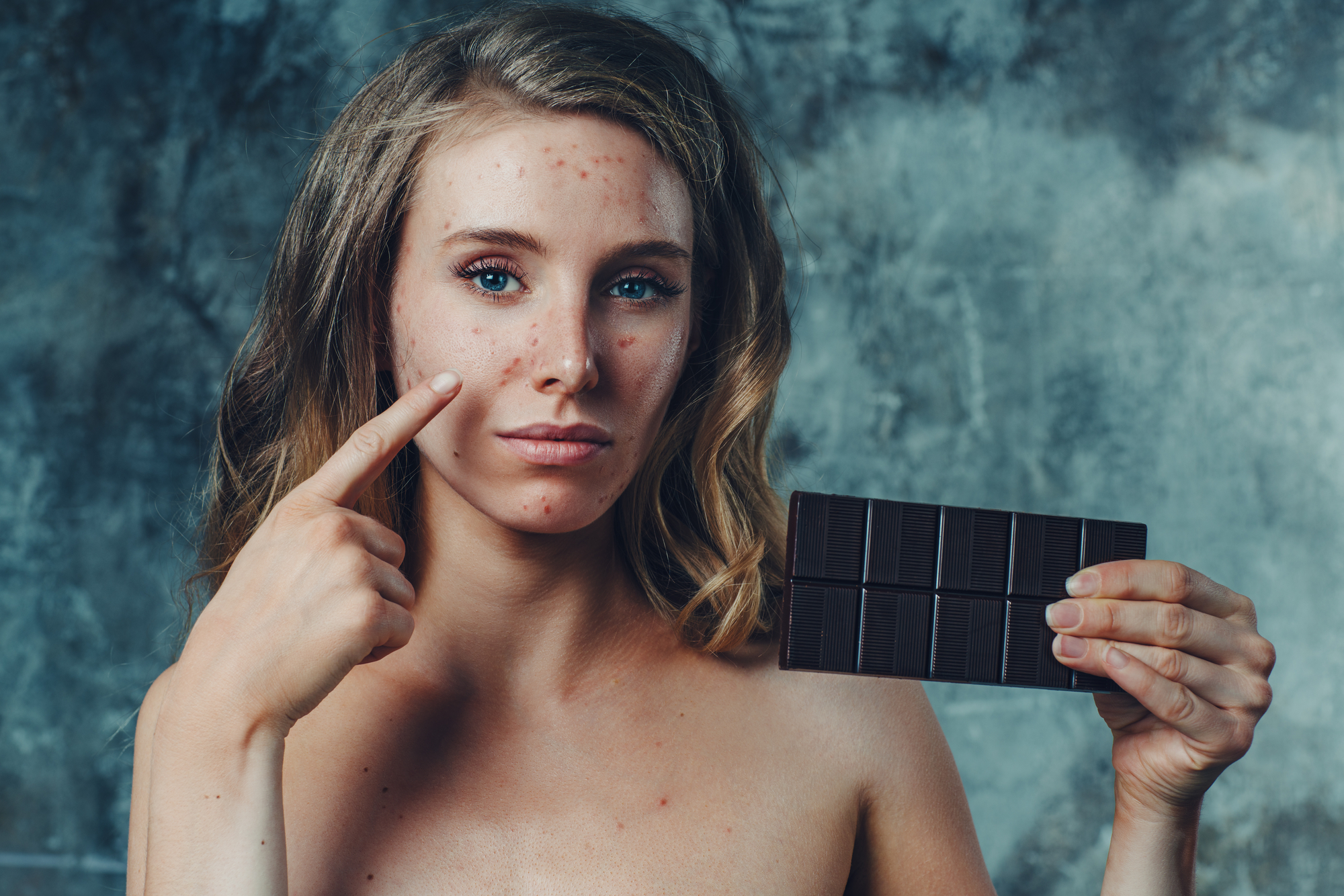
Photo by ©chaoss/ Depositphotos.com
The first thing to understand is that every bite you take has to be digested. The process of eating must not be seen as filling up the tank because apart from energy, the body needs to extract nutrients to function properly. So when you eat a nutrient-empty food such as some processed foods, junk foods, and fast foods, you increase your chances to create or worsen both gut and skin problems. The thing is that it becomes impossible for your body to digest such foods and they start releasing toxins into the bloodstream, creating warning signals on your skin.
For sure, there is a number of other problems associated with breakouts. They can appear as the result of allergy or intolerance to some food, such as gluten food, dairy or sugar. If you need to find out if your acne is caused by one of these food groups, you can exclude one at a time from your diet for about two weeks to see how your skin reacts on such changes.
Sometimes, the reasons for acne are hormonal imbalances, autoimmune diseases, use of antibiotics and birth control, or exposure to heavy metals and mercury. The truth is that there are hundreds of different factors that can affect your skin. Nevertheless, there is one thing they have in common: all of them damage gut flora.
When you combine one of the above-mentioned conditions with a poor diet, you let the problem of acne become out of control.

Photo by ©SIphotography/ Depositphotos.com
The thing is that poor diet becomes the reason for candida overgrowth, IBS, and an array of other digestive problems. That is why keeping healthy diet is one of the most important things you can do to keep your skin healthy. For sure, there are cases when keeping a diet is not enough. Nevertheless, exactly a healthy diet will help you to prepare your body for recovery and keep it healthy after all the conditions will be cured.
Although there is no curing diet for everyone as each of us have to deal with different problems, eating whole, real foods, is always the best thing you can do. The thing is that whole, real foods provide your body with essential nutrients. What is more, your body can break them down easily.
The thing to understand about fake, processed foods, is that they damage gut flora and become a reason for a number of diseases. It is not just about acne: gut problems can result in the development of far more serious conditions such as diabetes, Alzheimer disease, and even cancer.
When it comes to acne problems, know that you can heal your skin by regulating your digestion. There are some easy steps you can take to help your body release from toxins. There are often cases when you can see great results just after a week of keeping a healthy diet. Note that there are also some foods that help to promote healing of your skin.
Top 10 Foods for Healthy Skin
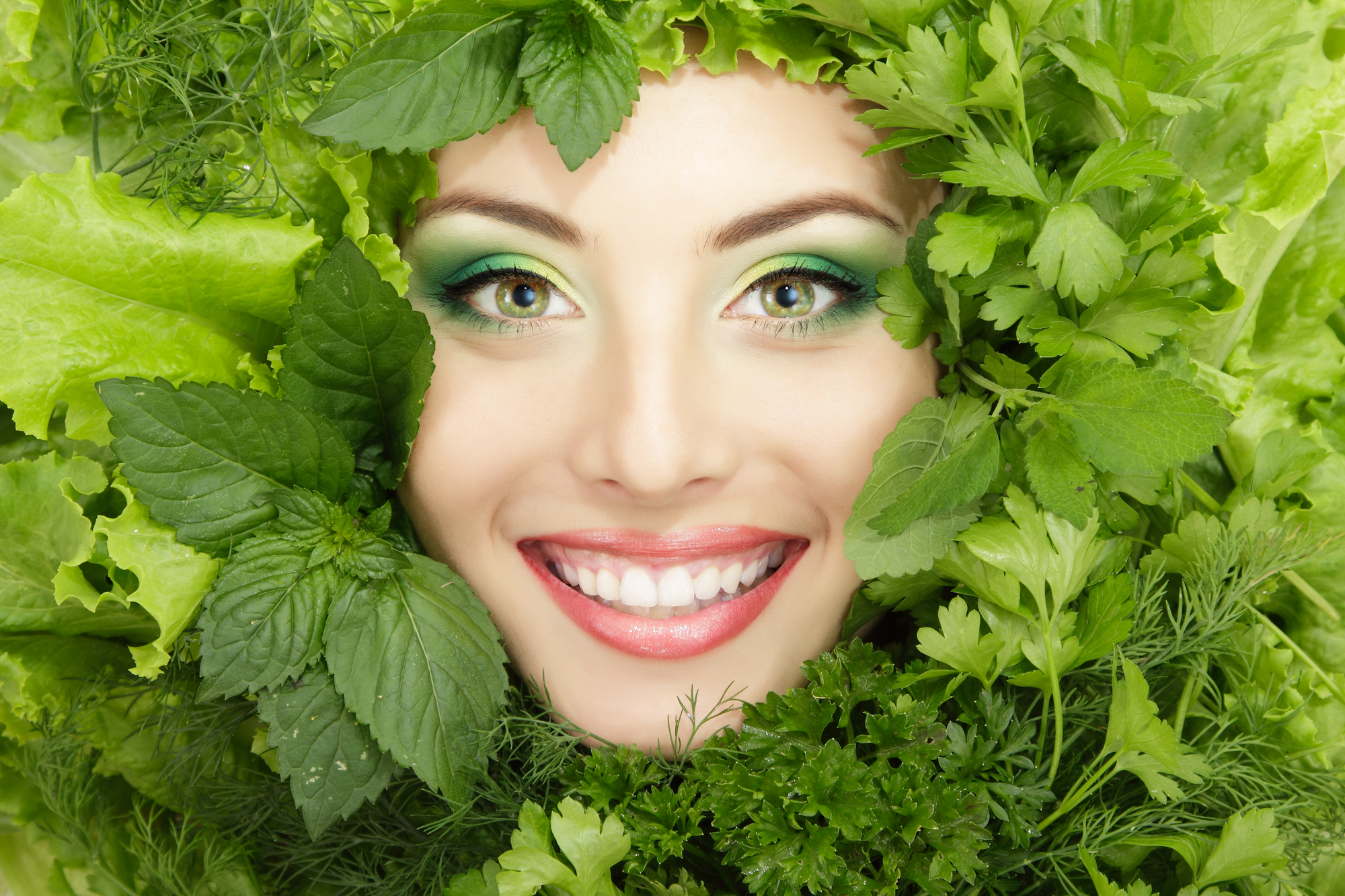
Photo by ©khorzhevska/ Depositphotos.com
1. Fatty Fish
Wild caught Alaskan salmon, mackerel and sardines are rich in omega-3 fatty acids that help to reduce inflammation. The thing is that any inflammatory process in the body can trigger cells to clog pores, resulting in breakouts. So in order to fight blemishes, adding fatty fish to your diet is a good thing to do.
2. Nuts
Nuts contain a lot of elements needed for healthy skin, such as vitamin E, selenium, copper, magnesium, manganese, potassium, calcium, and iron. It is worth to mention that deficiencies in some essential minerals can become the reason for breakouts, so including nuts in your diet is one of the easiest ways to ensure your body gets these elements.
3. Avocado
Avocado is rich in healthy fats, vitamin E and vitamin C. All these make it a perfect food for your skin. Including avocado in your meals helps to reduce skin inflammation and to moisturize it naturally.
4. Red Grapes
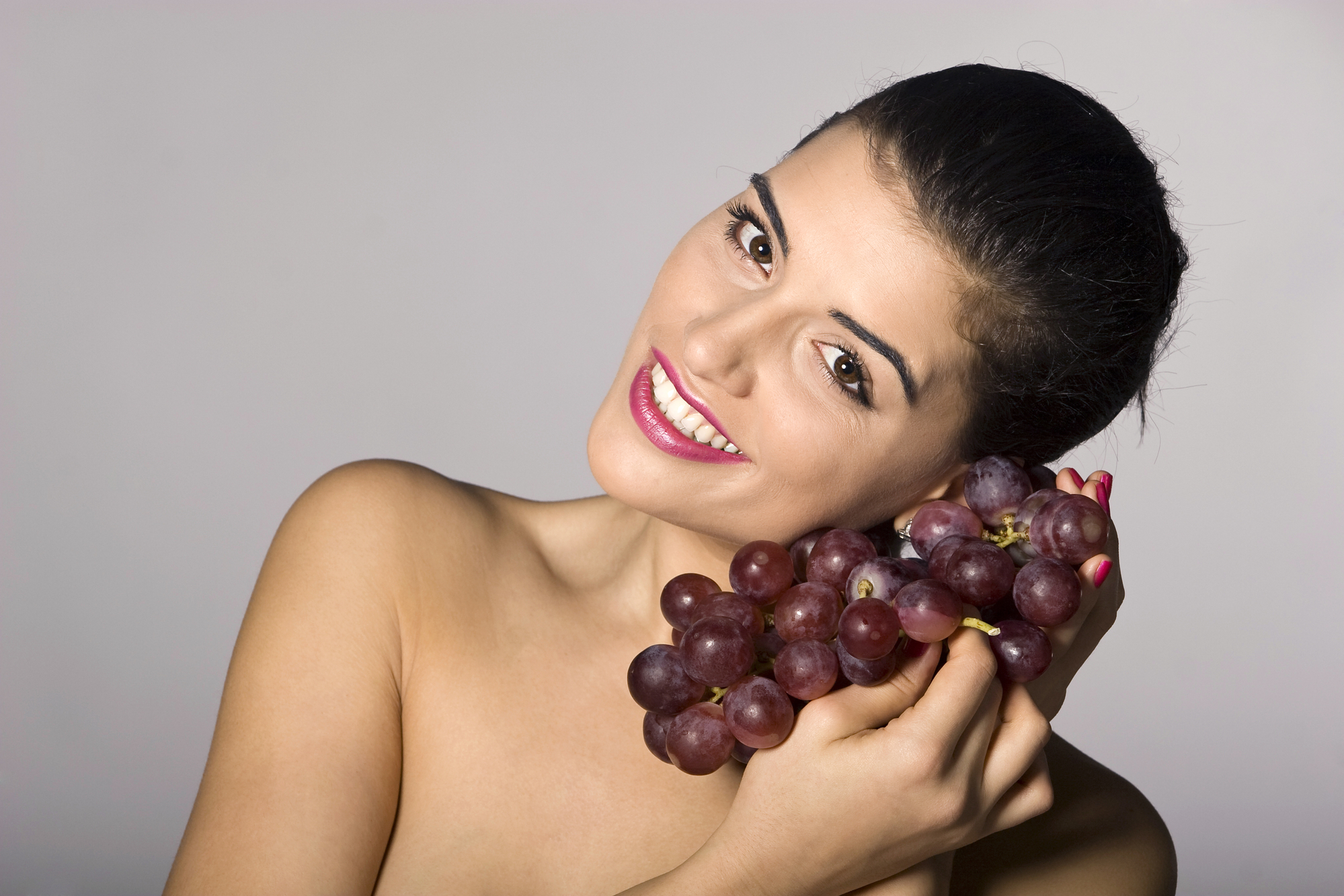
Photo by ©IgooAna/ Depositphotos.com
You can eat both the fruit and seeds to provide your body with powerful antioxidants and natural chemicals. Red grapes are not just good for treating skin conditions but also excellent for controlling skin allergic reactions.
5. Fennel
Fennel is great for improving digestion and detoxification. That is why fennel is considered to be a perfect skin cleanser.
6. Artichoke

Photo by ©Jim_Filim/ Depositphotos.com
Artichoke is rich in skin-cleaning and moisturizing vitamin C and is packed with antioxidants. In other words, it is perfect for detox and healthy skin diet.
7. Brown Rice
Brown rice is not just rich in protein magnesium and antioxidants, but also a great source of vitamin B that acts as our skin’s stress fighter. Adding brown rice to your diet means improving hormonal balance and preventing your skin from breakouts.
8. Garlic
Garlic is the best food you can eat to fight inflammatory processes in your body. Thanks to allicin, a naturally occurring element stored in garlic, it is able to kill harmful bacteria and viruses that sometimes become the reason for skin breakouts.
9. Broccoli

Photo by ©Vadymvdrobot/ Depositphotos.com
Broccoli is a superfood that can prevent radical damage to the body with the help of antioxidants and vitamins.
10. Alfalfa Sprouts
If you want to provide your body with the best protection against acne, add sprouts to your diet. They are filled with skin-clearing nutrients and antioxidants that effectively fight inflammation and prevent skin breakouts.
Top 5 Foods to Avoid
1. Saturated Fats
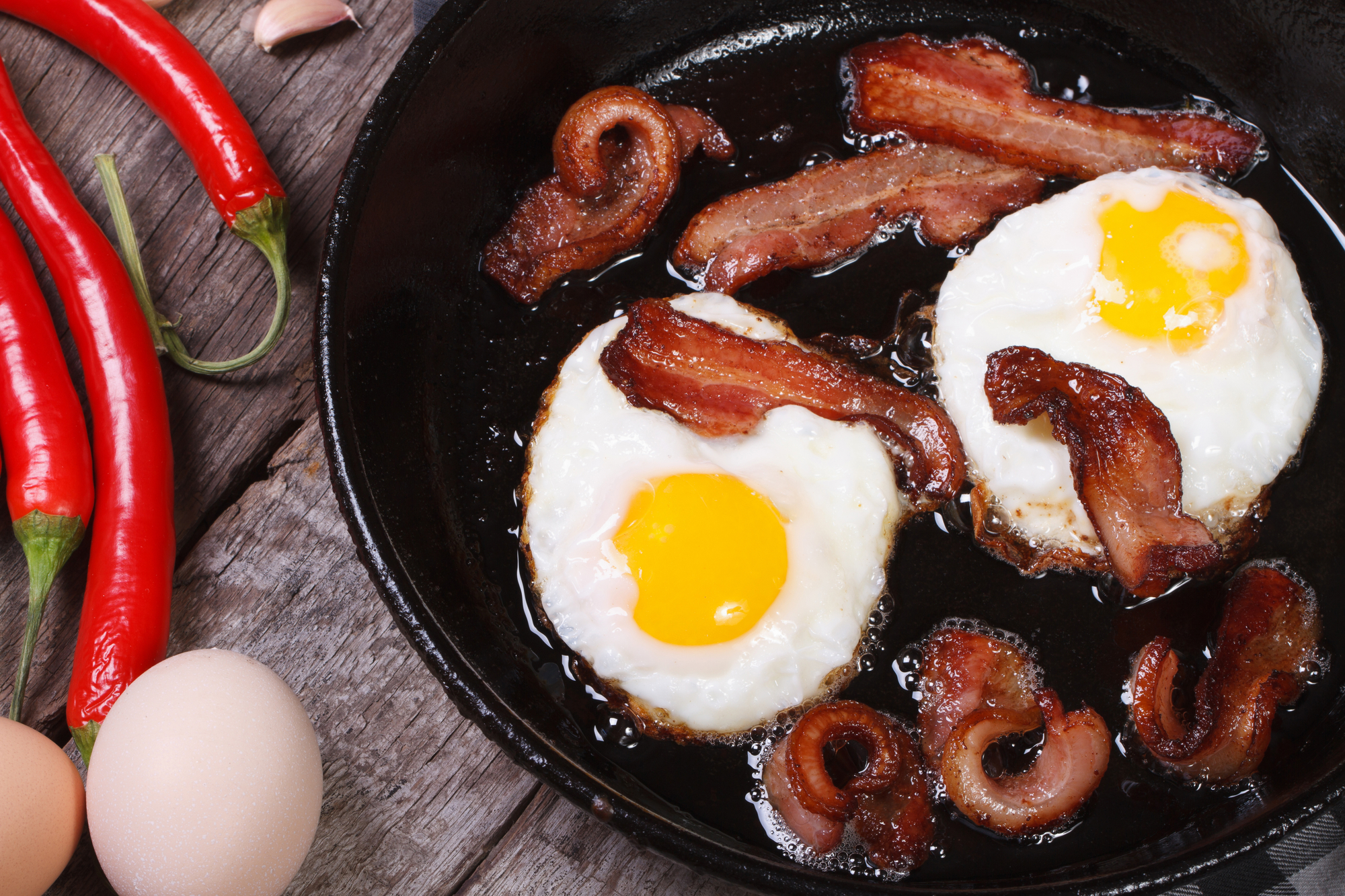
Photo by ©lenyvavsha/ Depositphotos.com
If you want your skin to be clear and healthy, you better avoid eating foods high in saturated fats, such as fried meat, burgers and fast food meals. According to a study published in the Journal of the Academy of Nutrition and Dietetics, people who eat fewer foods with saturated fats have healthier skin than those who consumed more.
2. Sugar
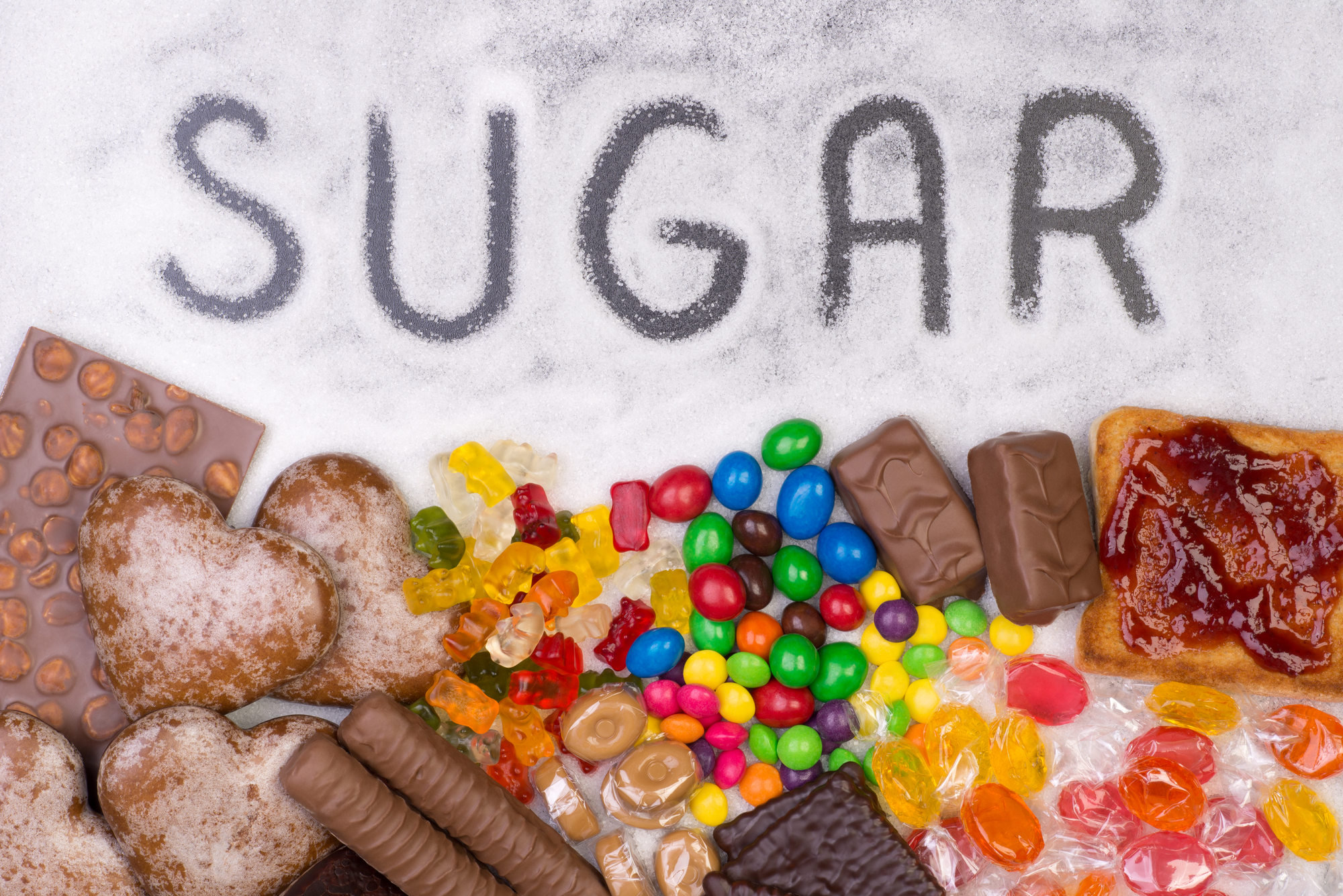
Photo by ©photkas/ Depositphotos.com
When it comes to skin breakouts, sugar is often the suspect number one and for good reason. The thing is that foods high in sugar spikes blood sugar levels and causes breakouts. Still, it does not mean that a single cookie will result in a pimple. Everything depends on the amounts of sugar you eat, especially at any one time.
If you want to find out if it is sugar that causes your skin problems, avoid eating it for about two weeks to notice a difference.
3. High-Glycemic Foods
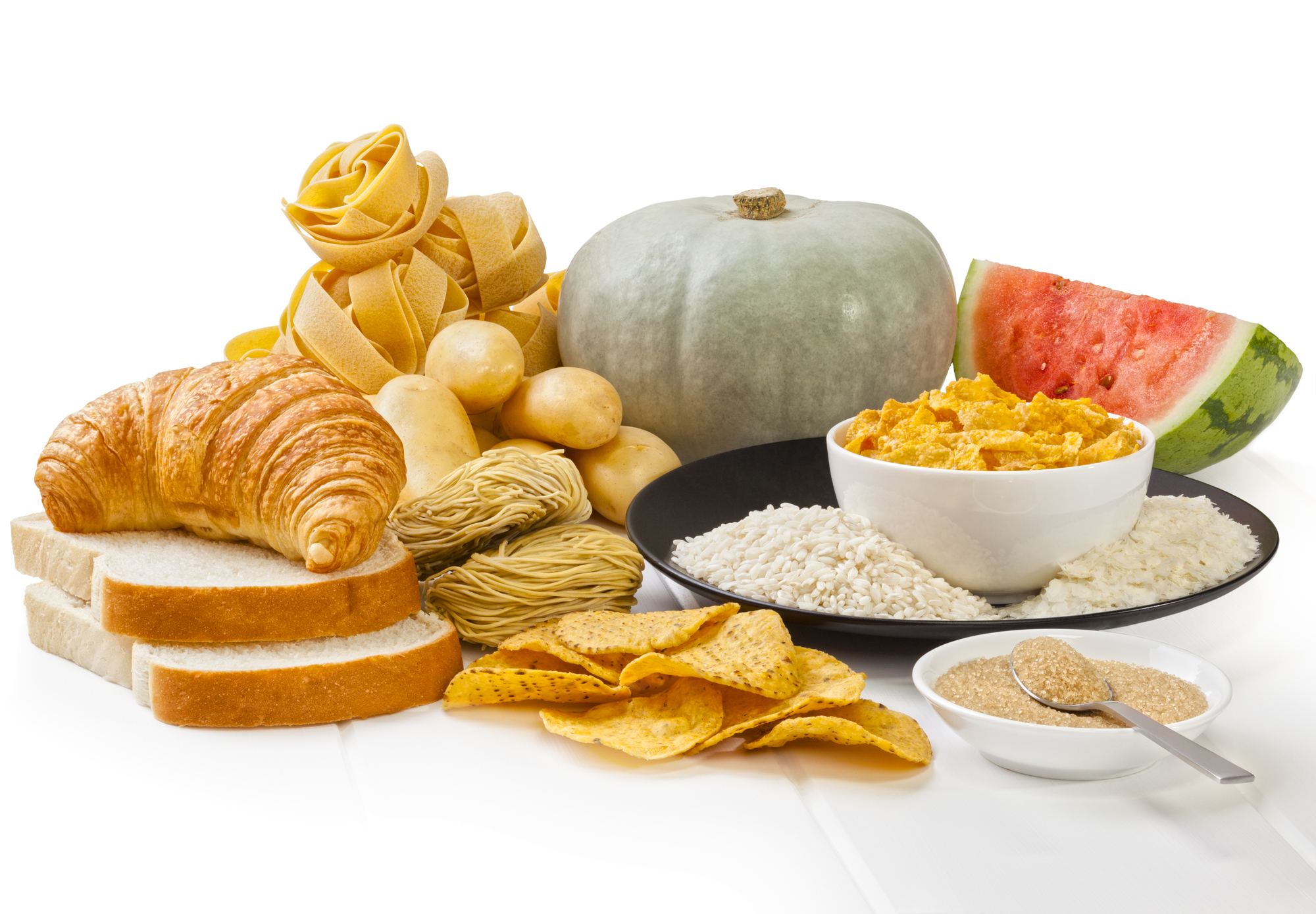
Photo by ©TravellingLight/ Depositphotos.com
High GI means that the food you eat breaks down quickly, triggering an insulin spike and increasing blood sugar levels. Such processes in the body result in inflammation and hormonal fluctuations, both known to encourage acne.
4. Dairy
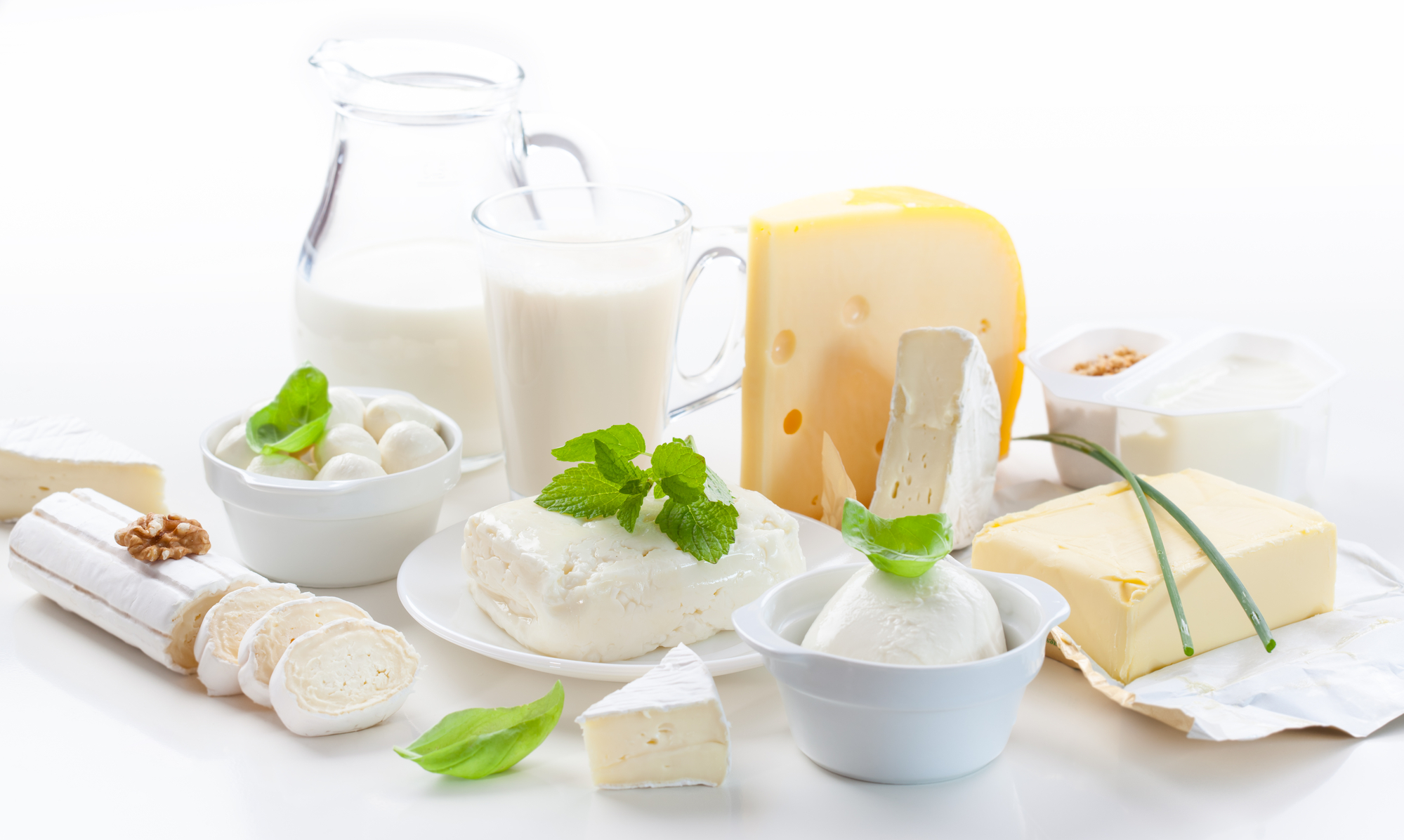
Photo by ©brebca/ Depositphotos.com
Although dairy is low in GI, it is linked to acne breakouts. Most of the specialists believe that such reaction is the result of lactose intolerance. Nevertheless, if you want to find out if it is dairy products that cause skin breakouts, exclude them from your diet for two weeks. Just note that there are a lot of products with hidden milk, including mashed potatoes, pastries, chocolates and so on.
5. Junk Food and Fast Food
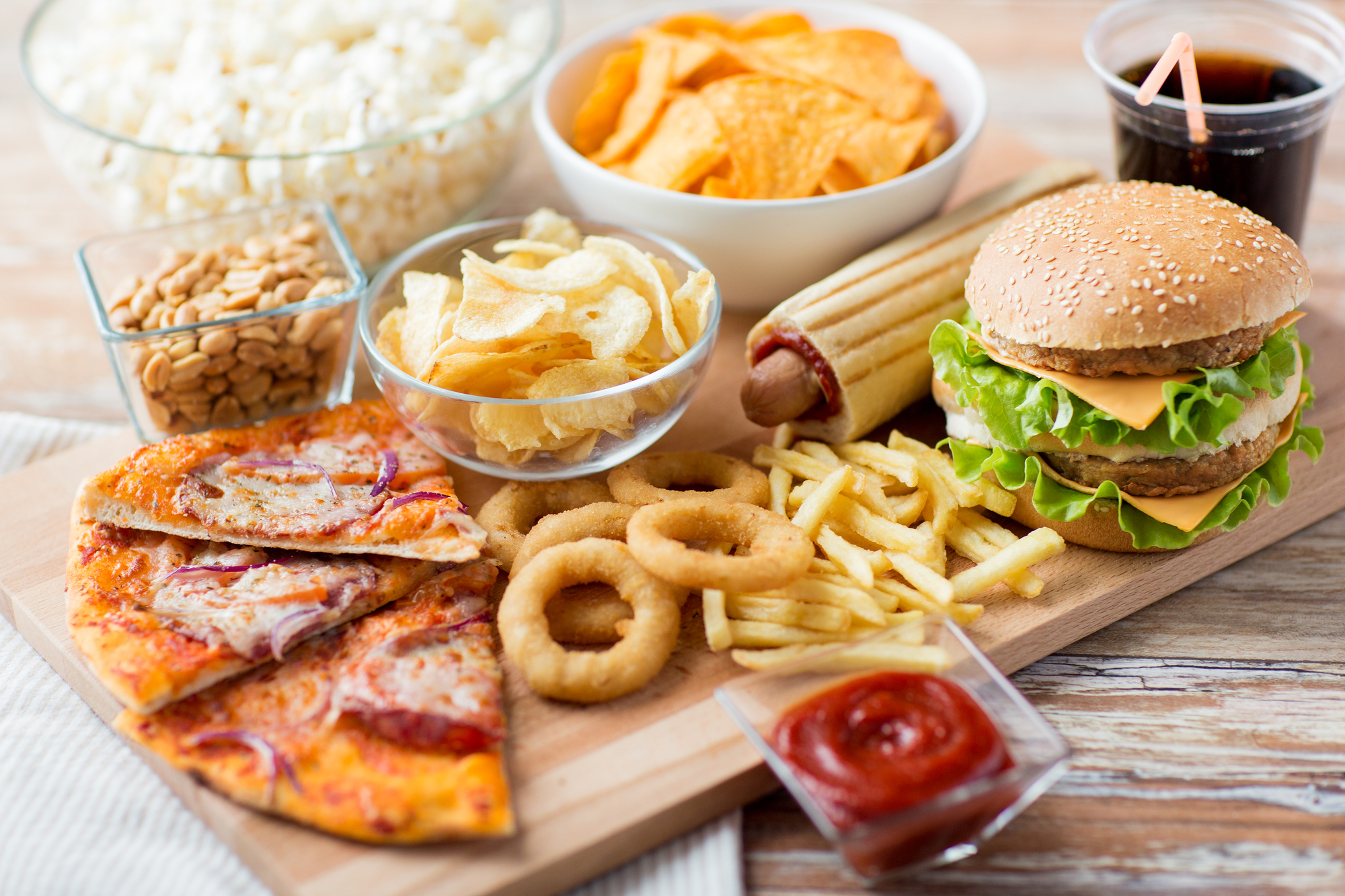
Photo by ©Syda_Productions/ Depositphotos.com
Junk food and fast food is known to have the worse characteristics. Avoiding such foods will not just allow you to improve your skin health, but to improve your overall health as well.

